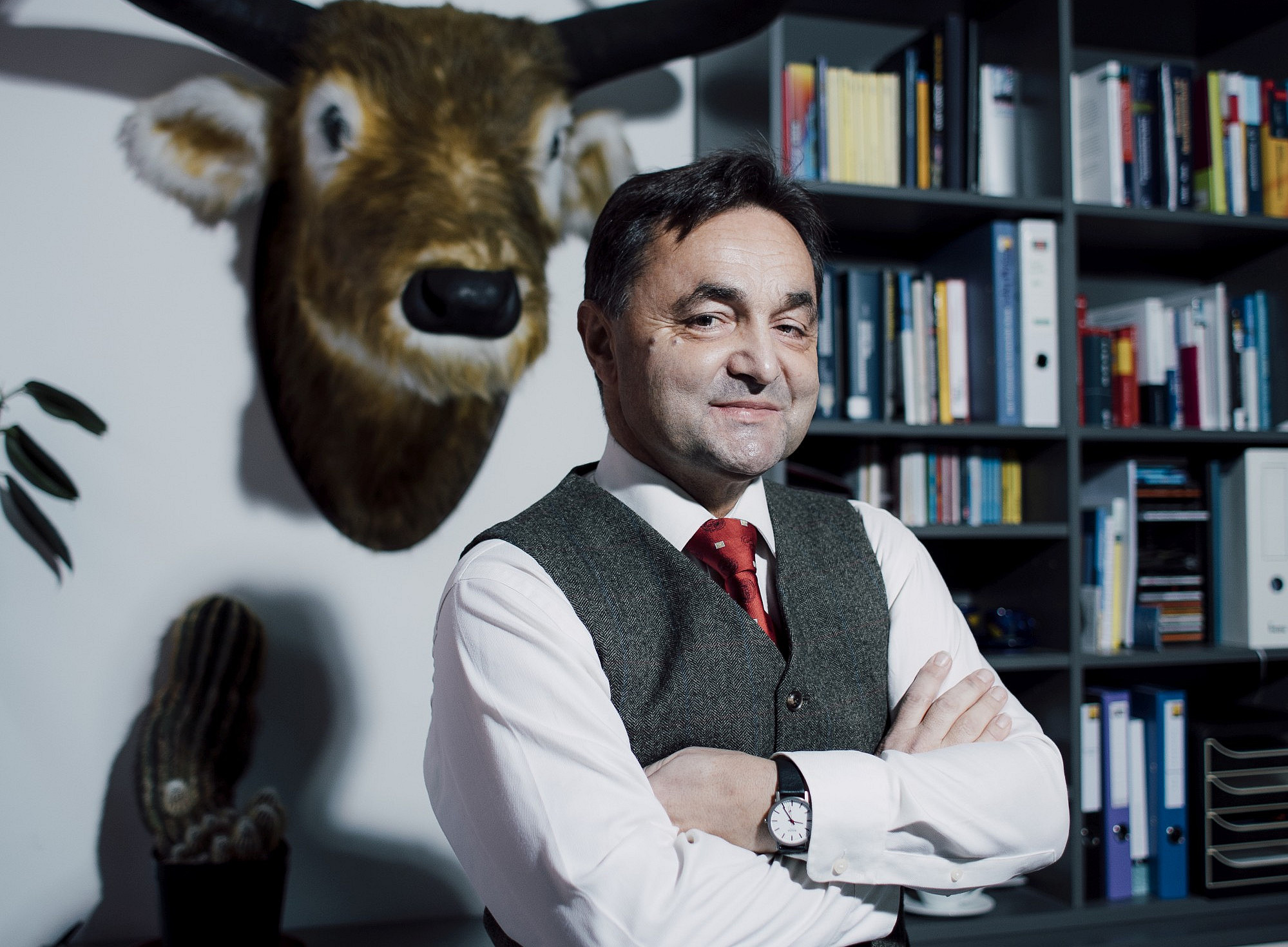Graduation is within reach, but what comes next? Of course, you can go through endless job application marathons and pursue a traditional career path. But there is an exciting alternative: self-employment, founding a start-up. It's a step that requires a lot of courage and also carries the risk of failure. And failure is still considered a no-go in Austria.
Why is this still the case today? “For a long time, starting a business was not a big issue in this country; security was the top priority,” explains Alfred Gutschelhofer from the Center for Entrepreneurship at the University of Graz. “This also has to do with the country's history. After World War II, entrepreneurship focused mainly on supply and reliability.” For decades, Austria's economy was geared toward risk reduction.
During the Cold War, this system became further entrenched in neutral Austria. But after the fall of the Iron Curtain, accession to the EU, and the globalization of supply chains, the weaknesses of this system became apparent. “Austria has become a kind of fully comprehensive insurance society,” says Gutschelhofer.
Safe space for start-ups
To counteract this mindset, the University of Graz founded the Center for Entrepreneurship 15 years ago. “As a university, it is our job to show students the possibility of self-employment,” explains Gutschelhofer. “The university can be a safe space for young people, where they can venture their first attempts at entrepreneurship without pressure and with room for dreams.”
Gutschelhofer is confident that the cultural shift towards greater entrepreneurial spirit is already underway. “A lot has already been achieved. Young people are no longer so afraid of taking the step into self-employment and are going through with it.” Austrian students regularly demonstrate their skills in international programs, where they meet colleagues from the US and develop business plans together. This reveals an interesting difference: “While Austrians are often strong in financial planning, Americans score points with creative marketing.” Financial knowledge is of course a great virtue, Gutschelhofer emphasizes. “But when it comes to marketing, we can learn a lot from US start-ups.”
For Gutschelhofer, it is important to spark enthusiasm for entrepreneurship at an early age. When young people are exposed to the idea of starting a business at a young age, self-employment becomes a real career option for them. This is confirmed by a survey conducted by Start-up Monitor: more than half of those surveyed said they had already had the idea of starting a business while still in education. “For this spark to become a viable path, the fundamentals of entrepreneurial thinking and action are needed: personal responsibility and self-determination – skills that are consciously promoted in the university environment,” explains Gutschelhofer.
Taking risks
In the initial phase, there is also a lot of support for young entrepreneurs in Austria. This is where the University of Graz comes in. The Center for Entrepreneurship offers workshops, coaching, and programs for researchers, students, and employees, regardless of how far along their start-up idea is. And when things get serious, there are dedicated start-up incubators. “In these corporate incubators, young founders can take their first entrepreneurial steps in a safe environment,” says Gutschelhofer.
After this so-called seed phase, however, things become more difficult in Austria. There are too few courageous investors who can turn a good idea into a growing company. “Many investors here are not risk-averse enough,” says Gutschelhofer. Many start-ups also see this as one of the biggest stumbling blocks to success in Austria.
This affects the deep tech sector even more, i.e., those start-ups that develop from scientific research. “The good companies then migrate away,” warns Gutschelhofer. “As a society, we should really make sure that we keep such people in the country. If we promote entrepreneurs, we should ensure that they maintain a connection to Austria.”
This is particularly important in economically challenging times. But how? This is precisely what will be discussed at the Graz Economic Talks. Experts will look back on the past three years and explore the possibilities of regional and national location policy. On November 25, 2025, starting at 6:00 p.m. in the auditorium of the University of Graz.
For anyone who may have a brilliant idea or simply wants to know more about starting a business, the Center for Entrepreneurship has knowledgeable people to talk to. https://entrepreneurship.uni-graz.at/en/
